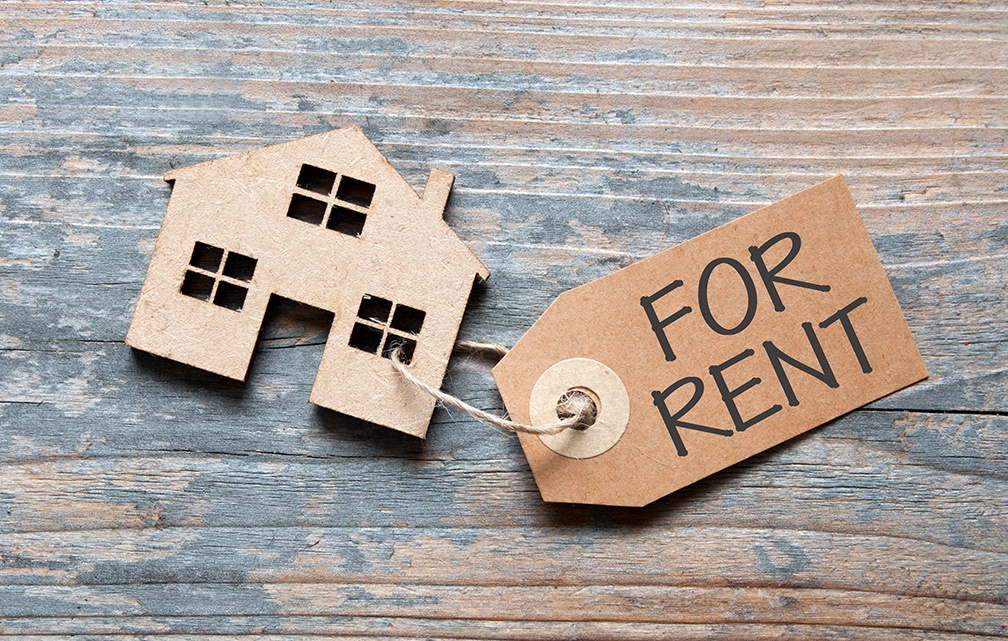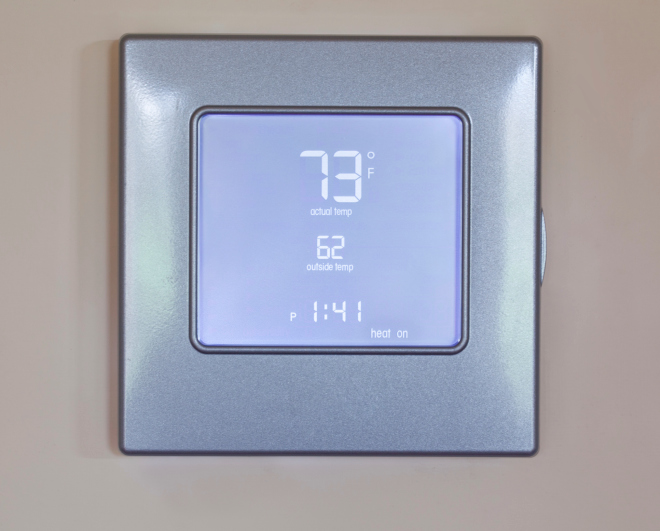 While making a real estate purchase can be filled with many questions, buying to invest in a long-term property can be even more confusing. If you’re looking into investing in real estate and wondering what variables to consider, here are a few tips that you’ll want to keep in mind before deciding on an investment property.
While making a real estate purchase can be filled with many questions, buying to invest in a long-term property can be even more confusing. If you’re looking into investing in real estate and wondering what variables to consider, here are a few tips that you’ll want to keep in mind before deciding on an investment property.
Be Aware Of The Market You’re Buying Into
Since you’ll need to be aware of what other people are looking for in a property if you’re diving into real estate to invest, you’ll want to carefully consider the neighborhood and city that you’re buying in and think about what the future holds. While becoming knowledgeable about home prices in the area you’re thinking of buying is a must, you’ll also want to think about market projections, trendy new neighborhoods and what the appeal will be to renters or buyers of the home you’re contemplating.
Consider A Diamond In The Rough
It might seem like a home that is a little rough around the edges is going to be a high-maintenance endeavor that doesn’t balance out in the end, but a fixer upper of a place may be end up being the best option. While you may need to renovate a little here and there to unearth some of its natural features, improvements to a home with a good structure in a good neighborhood can be more economical than spending more on a home that instantly appeals. It can also provide a better return on your investment in the long-term.
Stay Within Your Spending Means
When considering an investment property, it can be quite easy to get derailed and think about what you’ll be making instead of the expenditure of the initial investment. However, it’s important to determine beforehand that what you’re choosing to afford is going to be manageable in case you have to swing it on your own. By determining whether or not it’s an affordable expense, you can have a successful investment that will balance out in your favor at the end of the day without having to worry about sinking beneath the cost.
There are many questions that can come along with choosing to invest in real estate, but by carefully considering the market and keeping your purchase at a reasonable price point, you may have a long-term moneymaker on your hands.
 Last week’s scheduled economic news included readings from the National Association of Home Builders on housing market conditions. Reporting on housing starts and building permits was released along with weekly reports on mortgage rates and jobless claims.
Last week’s scheduled economic news included readings from the National Association of Home Builders on housing market conditions. Reporting on housing starts and building permits was released along with weekly reports on mortgage rates and jobless claims. Rent has gone up significantly during the past year. Even though it is not unusual for rent to go up over time, the average rent across the country has increased significantly during the past year. This means that the average rent will probably be even higher next year than it is this year. Even though this is one of the biggest deterrents against renting, there are other reasons to get out of the rental market as well.
Rent has gone up significantly during the past year. Even though it is not unusual for rent to go up over time, the average rent across the country has increased significantly during the past year. This means that the average rent will probably be even higher next year than it is this year. Even though this is one of the biggest deterrents against renting, there are other reasons to get out of the rental market as well.  It doesn’t matter if you heat your home with electricity, natural gas or some other energy source; prices continue to rise and that means increased heating costs for most of us.
It doesn’t matter if you heat your home with electricity, natural gas or some other energy source; prices continue to rise and that means increased heating costs for most of us. When it comes to selling a home, it is a common belief that once the offer is accepted, there is nothing else to be negotiated. However, issues and obstacles that can arise during the home inspection can be a cause for discussion with the seller. Whether you’re currently searching for houses or your offer has already been accepted and you’re preparing for the next step, here are some tips in the event that the home inspection isn’t up to par.
When it comes to selling a home, it is a common belief that once the offer is accepted, there is nothing else to be negotiated. However, issues and obstacles that can arise during the home inspection can be a cause for discussion with the seller. Whether you’re currently searching for houses or your offer has already been accepted and you’re preparing for the next step, here are some tips in the event that the home inspection isn’t up to par. Many first-time homebuyers are having a difficult time finding the right purchase. Therefore, a new trend is catching on. Some people are renting in the city, where property values are more expensive. Then, they buy a vacation home in the suburbs. Is it smart to buy a second home as a first home?
Many first-time homebuyers are having a difficult time finding the right purchase. Therefore, a new trend is catching on. Some people are renting in the city, where property values are more expensive. Then, they buy a vacation home in the suburbs. Is it smart to buy a second home as a first home?  Last week’s scheduled economic reporting included readings on inflation and a preliminary report on consumer sentiment. Weekly reports on mortgage rates and jobless claims were also released.
Last week’s scheduled economic reporting included readings on inflation and a preliminary report on consumer sentiment. Weekly reports on mortgage rates and jobless claims were also released. The most popular time of year to sell a home is the summer. There are a lot of families with children who prefer to move during the summer because they do not want to move their children during the school year. In contrast, many people do not like to move during the winter. It can be difficult to request extra time off of work, particularly during the holiday season. At the same time, it is still possible to sell a home during the winter. What are a few tips homeowners need to follow to sell a home during the winter?
The most popular time of year to sell a home is the summer. There are a lot of families with children who prefer to move during the summer because they do not want to move their children during the school year. In contrast, many people do not like to move during the winter. It can be difficult to request extra time off of work, particularly during the holiday season. At the same time, it is still possible to sell a home during the winter. What are a few tips homeowners need to follow to sell a home during the winter?  Starter homes are incredibly popular for young couples who plan to have a family in the future but don’t need a large place yet.
Starter homes are incredibly popular for young couples who plan to have a family in the future but don’t need a large place yet. Making the decision to build a home might be one of the biggest you make in your life. You’ve found the perfect plot of land and have a vision of what type of home you want, but you need someone to bring your dream to life.
Making the decision to build a home might be one of the biggest you make in your life. You’ve found the perfect plot of land and have a vision of what type of home you want, but you need someone to bring your dream to life.